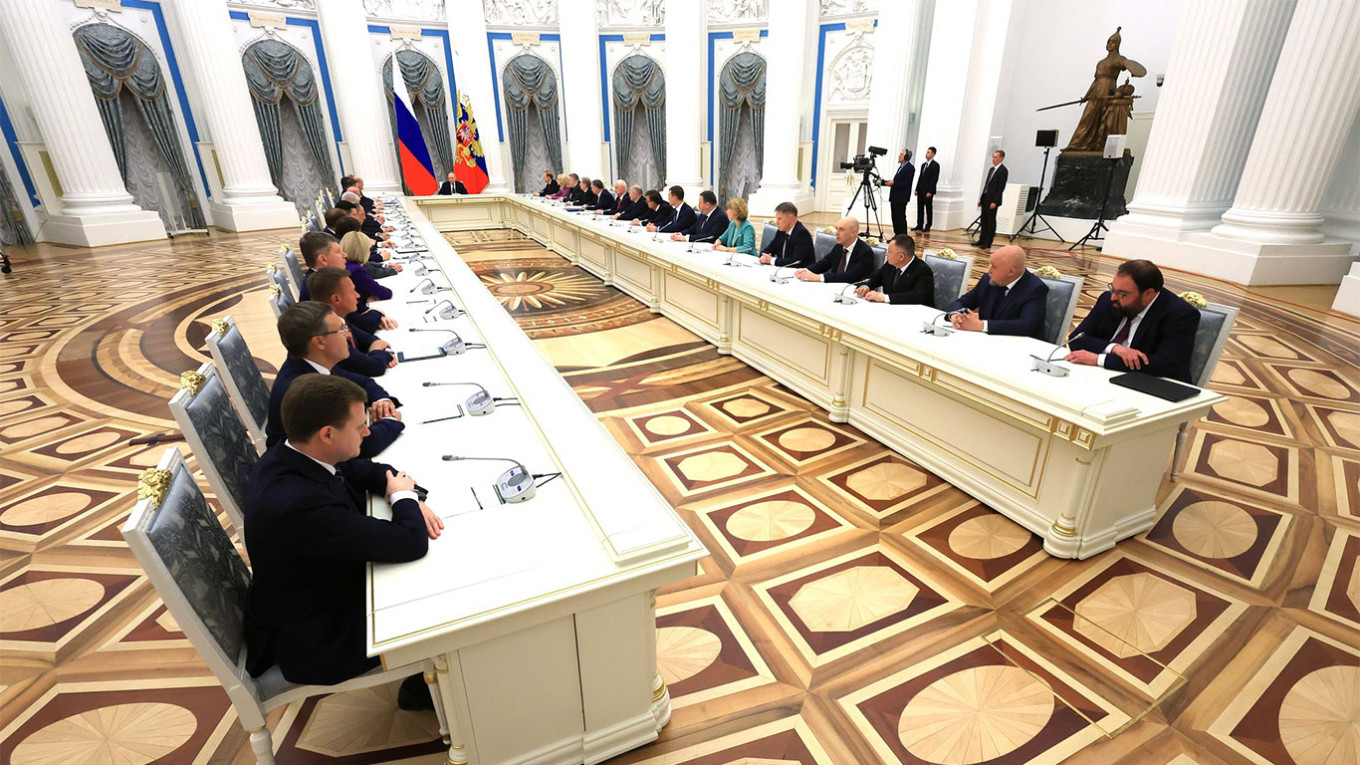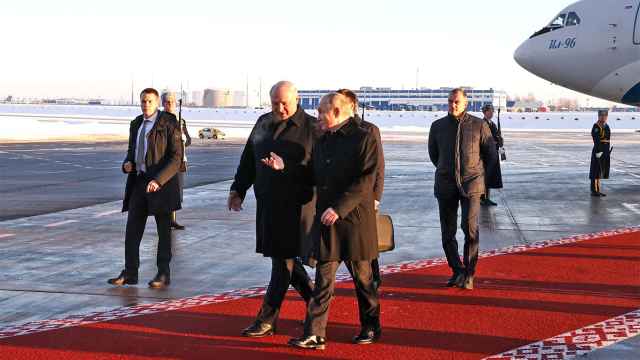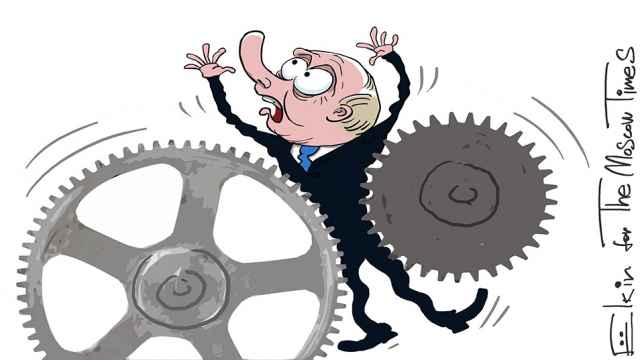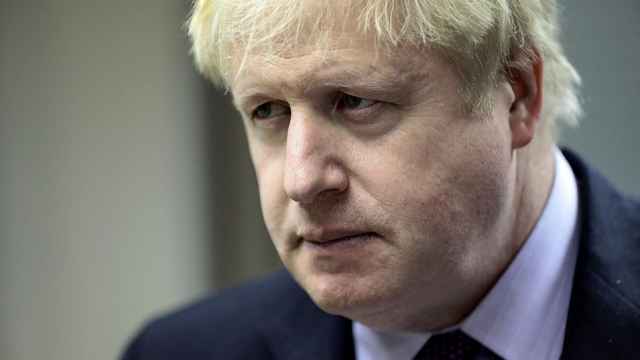President Vladimir Putin has finalized the roster of his administration and government as his fifth term gets off to a start, with new faces including sons of friends and allies as well as officials rumored to be in the running to succeed him.
With much of his team staying unchanged, the new appointments appear to signal his intention to maintain the status quo — both at home and in the war in Ukraine — while limiting the influence of those who failed to achieve victory in the invasion.
"The main thing to come out of the reshuffle in the government and the Kremlin is the removal of those who failed in the military invasion [of Ukraine], despite their new positions [signaling otherwise]," former Russian government staffer Alexei Levchenko told The Moscow Times.
Perhaps the most unexpected personnel change is the appointment of Alexei Dyumin, Putin's former personal security guard, to the post of presidential aide.
Dyumin, who also served as deputy defense minister and deputy head of the GRU military intelligence service, has been named in the media as a potential successor to both ex-Defense Minister Sergei Shoigu and Putin himself.
A known favorite of Putin’s, Dyumin has served as governor of the Tula region south of Moscow, a key hub for the military industry, for the past eight years. His comeback to Moscow — where he will oversee the military-industrial complex — coincided with Shoigu’s firing as defense minister and appointment to head the Security Council.
“He will look after the Defense Ministry on the one hand and balance Shoigu [and limit his influence] on the other,” a government official told The Moscow Times, speaking on condition of anonymity because he was not authorized to discuss internal matters publicly.
Kremlin spokesman Dmitry Peskov insisted that Shoigu’s new role is “an important job with responsibility.”
But despite the Security Council’s influence, Shoigu’s reassignment is seen as “an unambiguous downgrade and removal from an active role” after he suffered a series of failures in Ukraine, an official in the Kremlin told The Moscow Times, also speaking on condition of anonymity.
Meanwhile, ultra-hawk Nikolai Patrushev's dismissal as Security Council chief and appointment as a presidential aide in charge of shipbuilding signals that he will gradually be put out to pasture.
The Kremlin official characterized this position as “too low a level for Patrushev,” implying that the former spy will have a “planned and coordinated resignation.”
“But he is still in the president’s inner circle, and his son [Dmitry] has been promoted and is now deputy prime minister,” the official said.
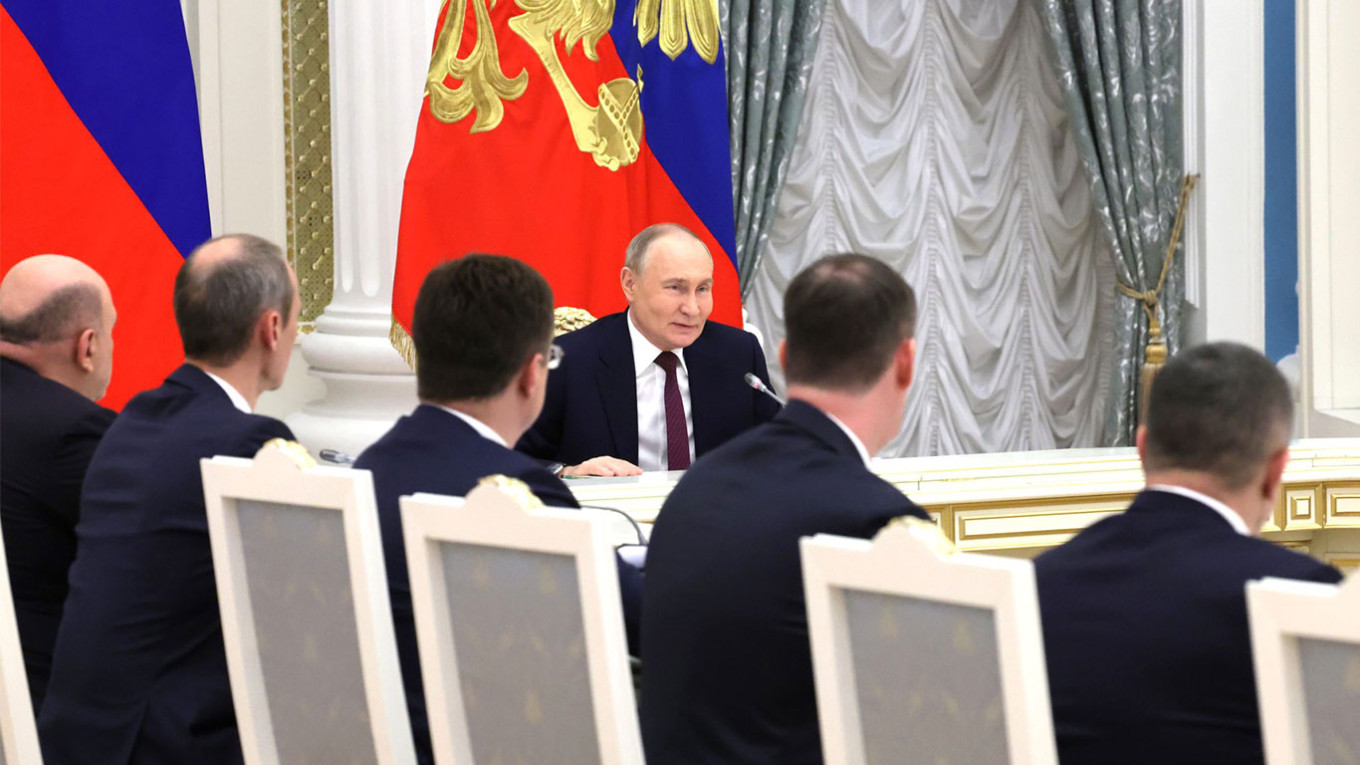
A former Kremlin official also noted that Patrushev will continue to enjoy direct access to Putin despite his apparent demotion.
“This [access] is one of the main resources in the Russian government today,” the source said.
Another Putin favorite, Maxim Oreshkin, has been promoted from presidential adviser to the more significant post of assistant to the president. The young economist, another rumored candidate to succeed Putin, will oversee the Economic Development Ministry’s work.
Former government staffer Levchenko said Putin appears to be moving away from the approach of previous administrations, which saw different elite factions competing for the same industries.
“Now, the industries are assigned to a specific clan. The military-industrial complex to [Rostec head Sergei] Chemezov, transportation to the Rotenbergs, agriculture to the FSB,” Levchenko said.
Levchenko said the “rise of ‘princes’” — men close to Putin’s family or the sons of men close to Putin — was another important feature of the latest reshuffle in the Kremlin and the government.
He pointed to Yury Kovalchuk’s son Boris, Patrushev’s son Dmitry and Sergei Tsivilyov, who is reportedly married to Putin's great-niece, all of whom have been given positions in the Accounts Chamber and government this week.
War of attrition
According to exiled former Prime Minister Mikhail Kasyanov, Putin wishes to launch a blitzkrieg in Ukraine that would seize Kyiv and Odesa and cut the country off from the Black Sea before making peace on his terms.
However, he remains hesitant to do so and will instead seek to win the more than two-year-long war by dragging it out and exhausting Ukraine’s resources, Kasyanov said in an interview with independent investigative outlet The Insider.
Putin’s choice of Andrei Belousov, an economist and technocrat, to replace Shoigu as defense minister offers further evidence that Putin expects a lengthy war of attrition.
“It is clear from the latest appointments that Putin is choosing to continue the war of attrition,” Kasyanov said. “[He realizes] that Russia has a much larger human resource than Ukraine and that the economy is more powerful than in Ukraine despite the sanctions.”
Yet apart from these reshuffles, Putin’s team will largely remain as it was in his previous term, The Moscow Times’ sources said.
Throughout the invasion of Ukraine, officials who have long held senior positions in Putin’s apparatus have stayed in place.
“At the moment, the president is generally satisfied with the state of affairs in the Kremlin as well as in the government,” a source close to the Kremlin said.
Among those who have kept their jobs are presidential administration head Anton Vaino and his two top deputies in charge of public policy issues and propaganda, Alexei Gromov and Sergei Kiriyenko.
The Kremlin’s chief lawyer, chief personnel officer, foreign policy aides and chief speechwriter will also remain unchanged.
When asked why the sweeping personnel changes that many observers expected would follow Putin’s inauguration did not take place, a government official said: “Why change wives every six years?”
A Message from The Moscow Times:
Dear readers,
We are facing unprecedented challenges. Russia's Prosecutor General's Office has designated The Moscow Times as an "undesirable" organization, criminalizing our work and putting our staff at risk of prosecution. This follows our earlier unjust labeling as a "foreign agent."
These actions are direct attempts to silence independent journalism in Russia. The authorities claim our work "discredits the decisions of the Russian leadership." We see things differently: we strive to provide accurate, unbiased reporting on Russia.
We, the journalists of The Moscow Times, refuse to be silenced. But to continue our work, we need your help.
Your support, no matter how small, makes a world of difference. If you can, please support us monthly starting from just $2. It's quick to set up, and every contribution makes a significant impact.
By supporting The Moscow Times, you're defending open, independent journalism in the face of repression. Thank you for standing with us.
Remind me later.



